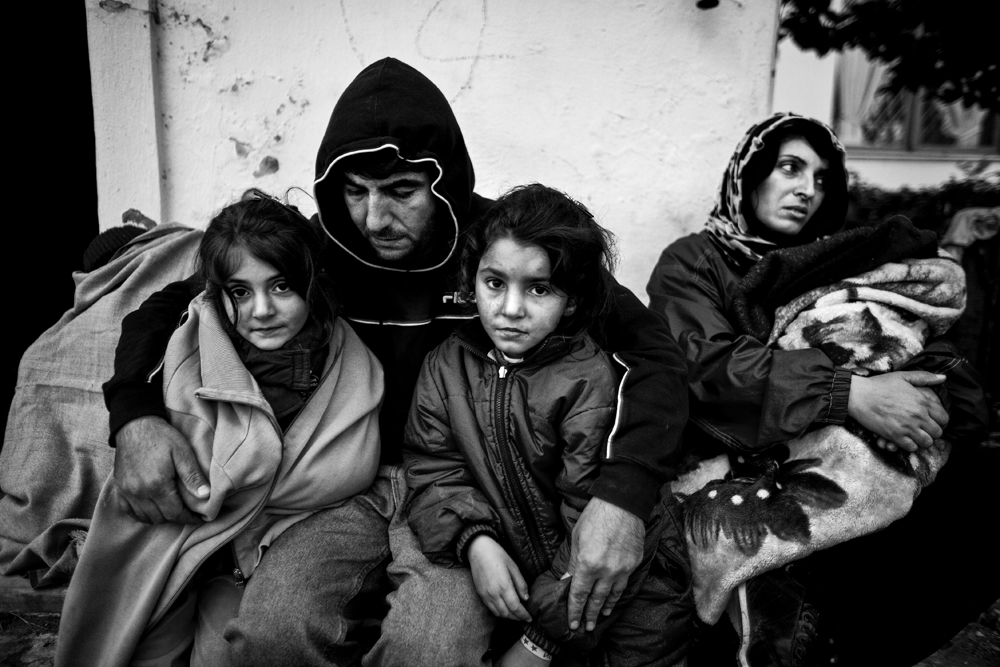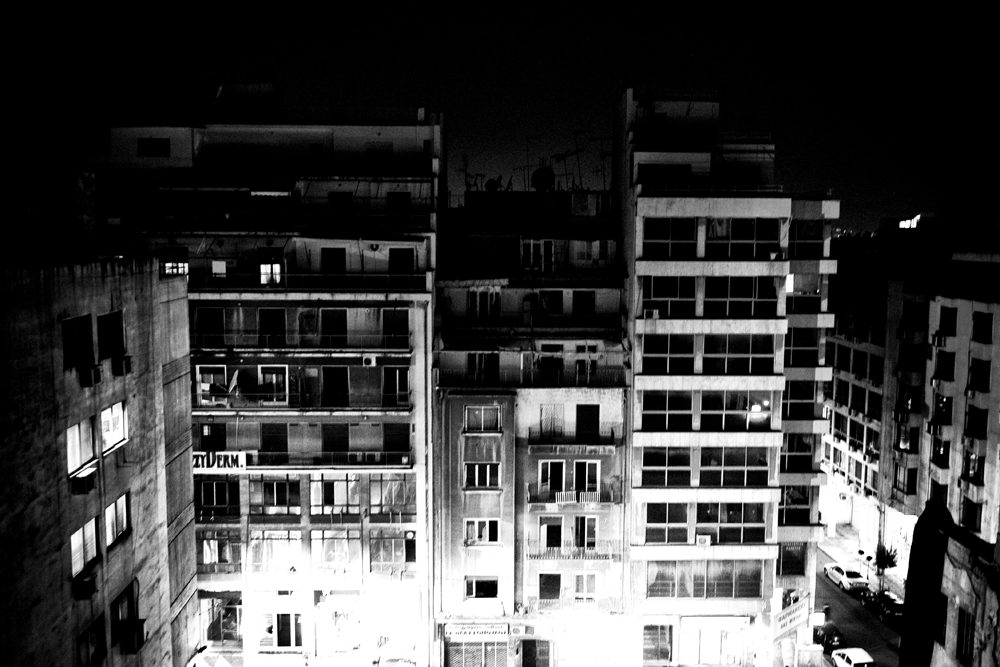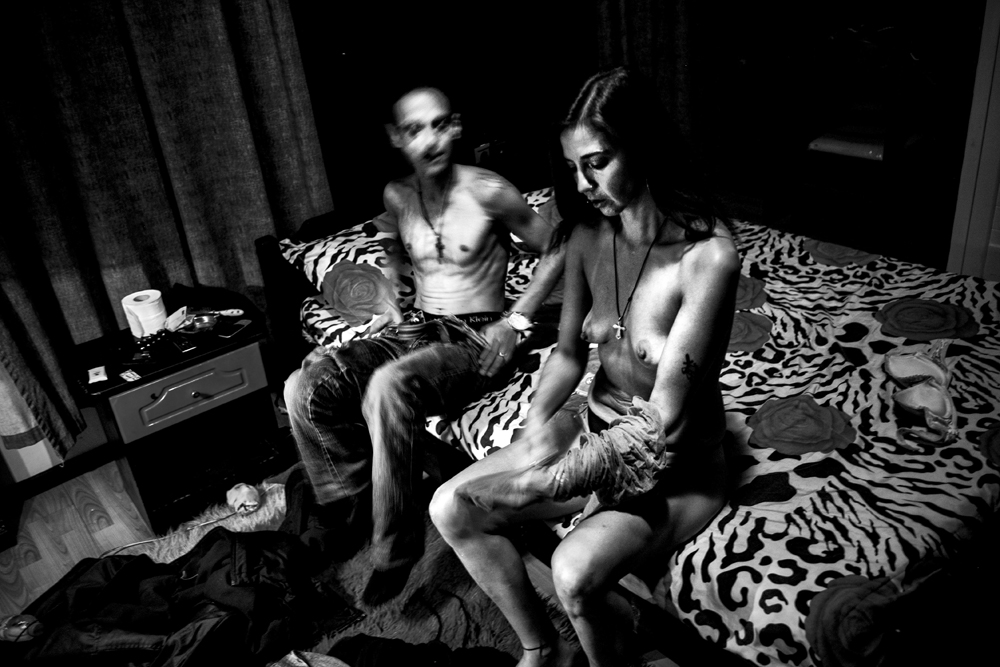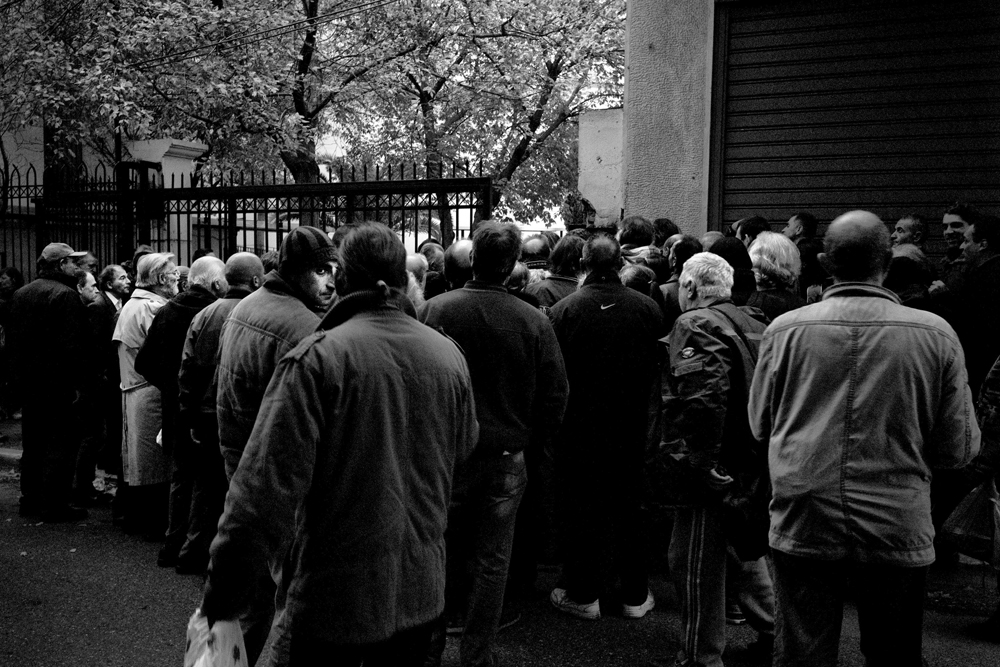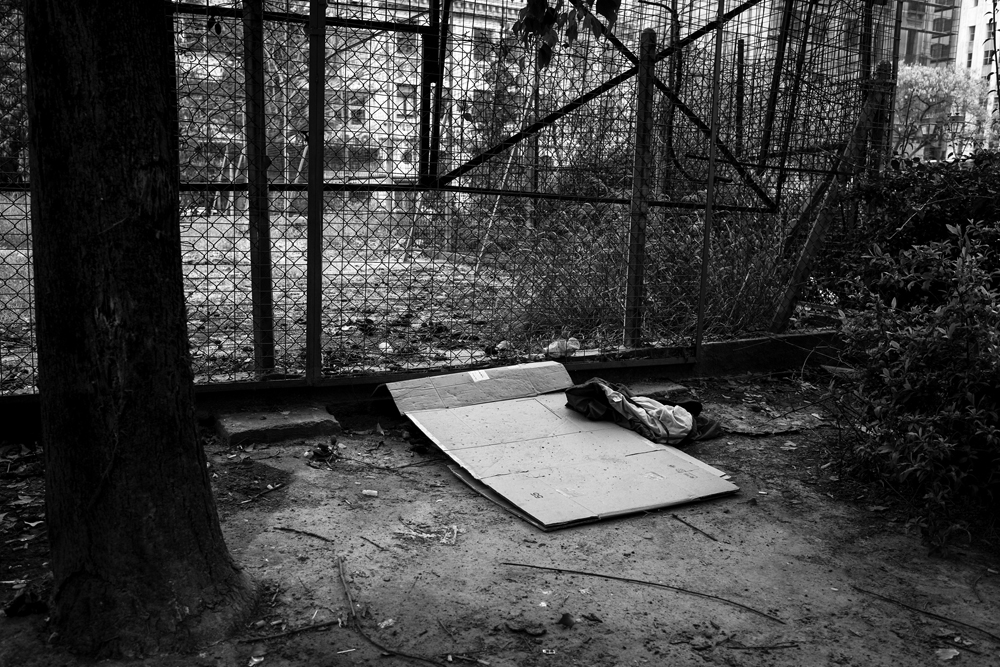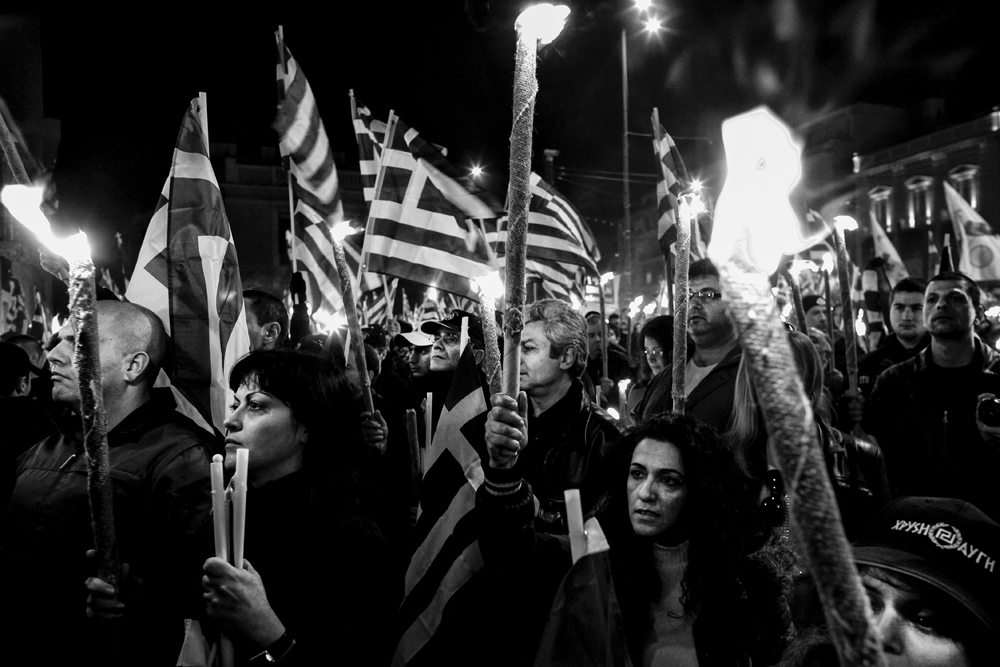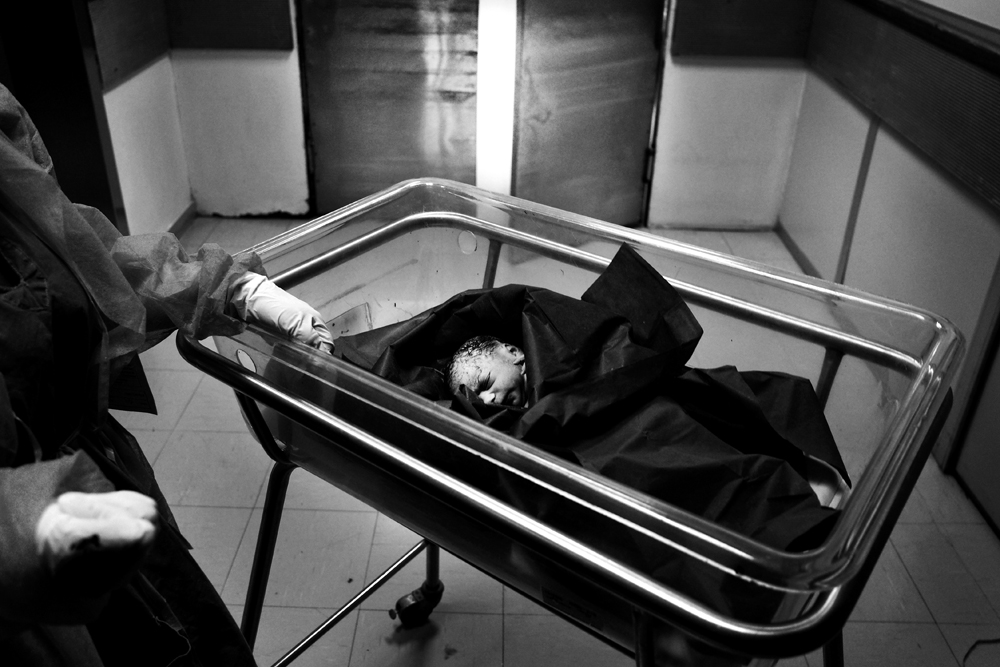Greece, the years of the crisis
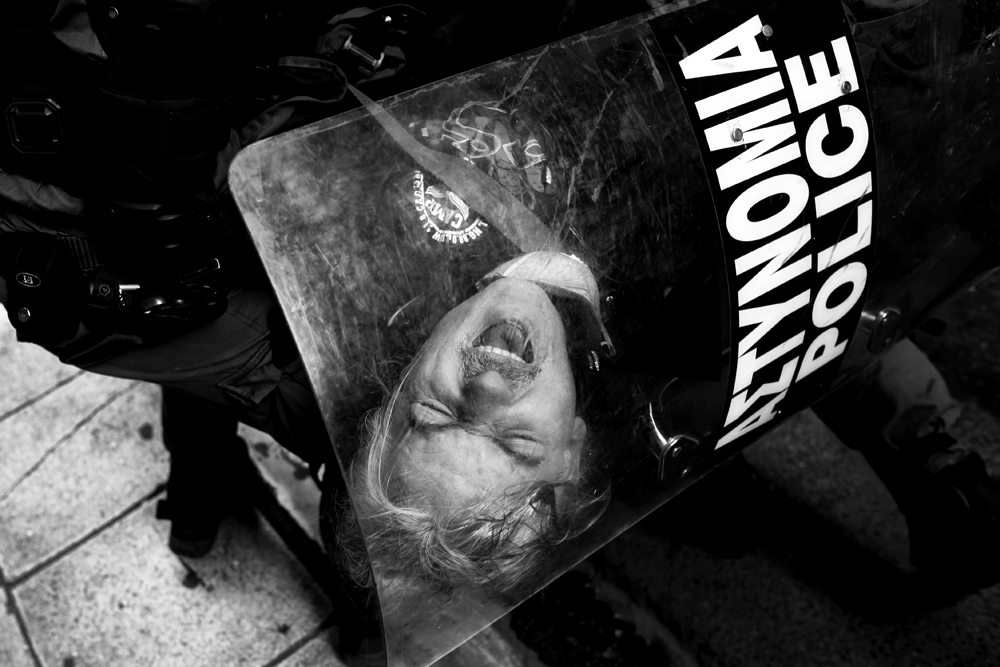
-
PhotographerAngelos Tzortzinis
Since 2009 Greece has faced the consequences of a severe economic crisis. Consecutive austerity packages, following Greece’s bail-out agreement with the EU and the IMF have been tearing apart the social fabric, placing extreme pressure upon the middle class and spreading misery across society. Violence made its appearance in numerous protests in the Greek capital of Athens marked by clashes with riot police. The consequences are numerous but not all of them are visible. As a result of this, the Greeks stand perplexed, unable to understand what is going. Deeply afflicted by the crisis and scarcely optimistic about the future, they have become introvert. Thousands of young Greeks are currently trying to find a job as the unemployment rates of the country are the highest among its European Union partners. Shops in central Athens shut down rapidly and hundreds of merchants are facing a financial dead-end as the biggest part of the population can afford only their basic needs. The ''new homeless'' have made their appearance in urban centers, people -most of them Greeks- that cannot afford shelter and live on the streets. Criminality rates and violent incidents have increased dramatically as well as a new drug called ''sisha'', also known as the ''cocaine of the poor'' has conquered the dark narrow streets. The number of people infected with AIDS and hepatitis has also increased because many prostitutes, frantic for drugs and cash, have unprotected sex for only 5 euros. In addition, racist attacks are a daily phenomenon, as xenophobia spreads its roots among the Greek society and migrants living in Greece try to find any way possible to leave the country. And as the Greek government tries to convince its people that the current condition will surely improve in the coming years, its words can be easily welcomed as the wounds in the Greek society structures seem really deep.
